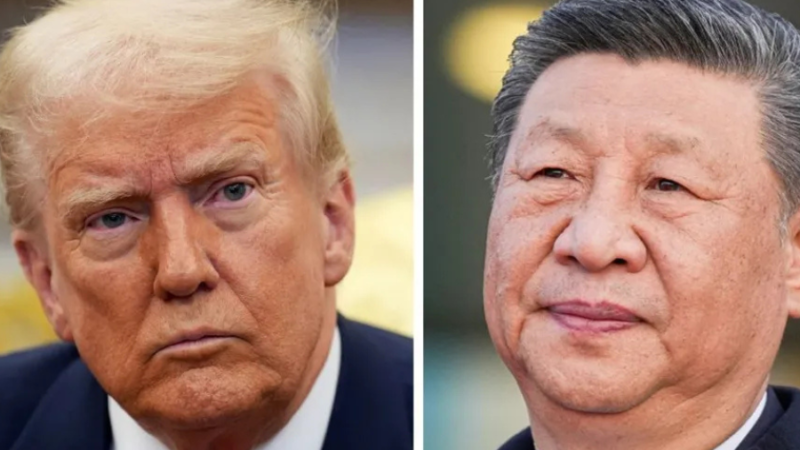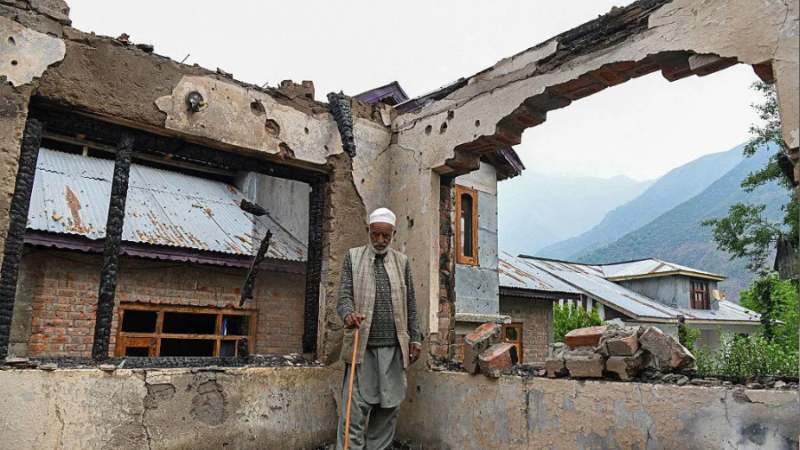Myanmar Surpasses Afghanistan as Top Opium Producer Amidst Crackdown

In 2023, Myanmar will claim the dubious distinction of becoming the world’s largest opium producer, surpassing Afghanistan, according to a United Nations Office for Drugs and Crime (UNODC) report. The UNODC estimates Myanmar’s opium production at 1,080 metric tonnes this year, while Afghanistan’s production plummeted by approximately 95% to around 330 metric tonnes after the Taliban’s ban on poppy cultivation in April last year.
The notorious “Golden Triangle” region, bordering Myanmar, Laos, and Thailand, has historically been a hub for illegal drug production and trafficking, including methamphetamine and opium. The value of Myanmar’s “opiate economy” has risen significantly to between $1 billion and $2.4 billion, constituting 1.7 to 4.1 percent of the country’s 2022 GDP.
Last year, Myanmar produced an estimated 790 metric tonnes of opium, indicating a substantial increase in opium cultivation. The country’s legal economy, already affected by conflict and instability since the military seized power in 2021, has been further impacted as farmers turned to poppy cultivation due to poor market access, crumbling infrastructure, and rampant inflation.
The UNODC report highlights that opium production in Myanmar is becoming more sophisticated, with increased investment, better practices, and improved irrigation, possibly involving the use of fertilizers. Afghanistan, the former leading opium producer, experienced a drastic reduction in cultivation after the Taliban’s pledge to eradicate illegal drug production. Poppy cultivation accounted for nearly a third of Afghanistan’s total agricultural production value last year.
In Myanmar, Shan State is the primary cultivation area, with approximately 88% of the nationwide opium poppy areas. Shan State has been marred by recent conflicts as ethnic minority armed groups launched an offensive against the junta. The UN report notes an increase in opium cultivation in northern Kachin State and Chin State on the border with India.
Despite international concerns, analysts suggest that Myanmar’s military regime, which seized power in 2021, lacks a genuine commitment to ending the multi-billion-dollar opium trade. The UN’s findings underscore the challenges Myanmar faces in addressing both the political turmoil and the complex issue of narcotics production.






